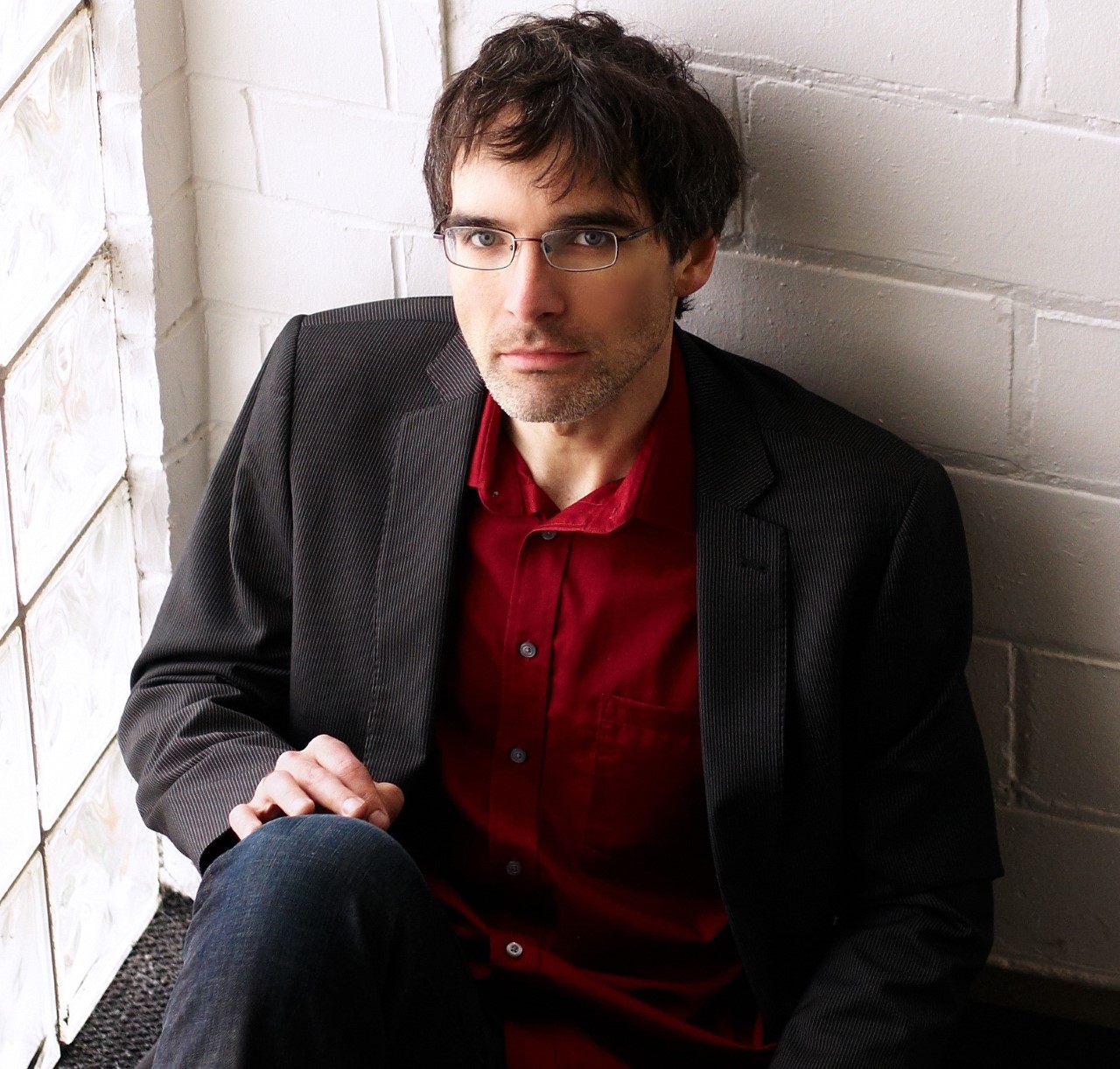About
Emotional and intense, Frank Horvat is an accomplished multi-genre composer and pianist who has made the tricky musical leap that allows him to pursue a niche of his own (Edmonton Journal). Frank gives his audiences time and space to reflect in this fast-paced world. His compositions tell deeply personal stories while permitting audiences to ponder their own.
Whether he writes for his band, the concert stage or film/TV, his music is both aggressive and introspective. Frank’s compositions are often based on global social injustices as well as the wondrousness of life, love and longing.
With a composition portfolio of over 500 works, a continuously growing discography and composition premieres on four continents, he has performed in a variety of venues and festivals worldwide including the Glenn Gould Studio, Rome’s Piazza Risorgimento, Massey Hall, Nuit Blanche, Music and Beyond Festival, NXNE, NYC’s St. Mark’s Church-in-the-Bowery and his compositions have been featured in plays, film and on television networks like the CBC, HBO, MTV, Viceland, France 5, Nederland 1 and Bravo as well as radio stations internationally.
The consequence of being born in a world of Gershwin, Glass, and Zappa, Frank looks to realize his music in different forms, whether through varied live and broadcast performances or through the art of album making. His portfolio consists of chamber, pop/rock, electronic, musical theatre, film, and large ensemble works.
He ignores boundaries and isn’t afraid to mix politics with art (Ludwig van Toronto). Many of his albums are statements on social issues including For Those Who Died Trying (2018), The Current Agenda (2017), You Haven’t Been (2017), Strange Machine (2014), and A Little Dark Music (2010), which led to 60+ performances across North America, always in the dark, of his critically acclaimed hour-long solo piano piece, Earth Hour, on the sustainably-minded Green Keys Tour.
On the heels of releasing four multi-genre albums in 2017, WholeNote Magazine proclaimed him one of the most inventive songwriters to come out of the contemporary scene in Canada. Frank was also the 2017 recipient of the inaugural Kathleen McMorrow Music Award for contemporary composition. His work has been supported by the Canada Council for the Arts, Ontario Arts Council, Toronto Arts Council and FACTOR.
Born in Ottawa, he now lives by the lake in Toronto with his wife/manager. Frank is an Associate Composer at the Canadian Music Centre, a member of the Canadian League of Composers and is passionate about social issues related to human rights and the environment. Learn about his latest projects at www.frankhorvat.com.
Frank can be contacted regarding commissions/film work at contactme@frankhorvat.com
